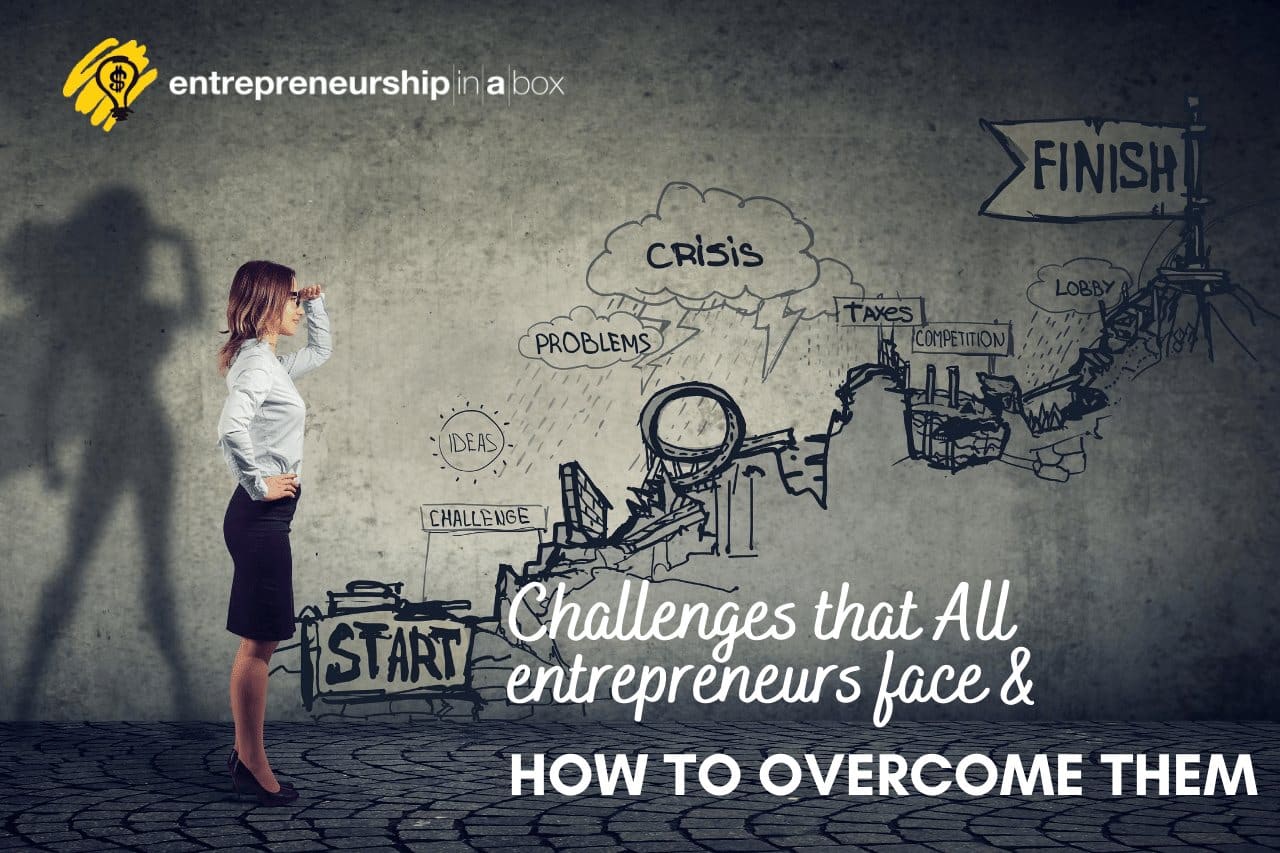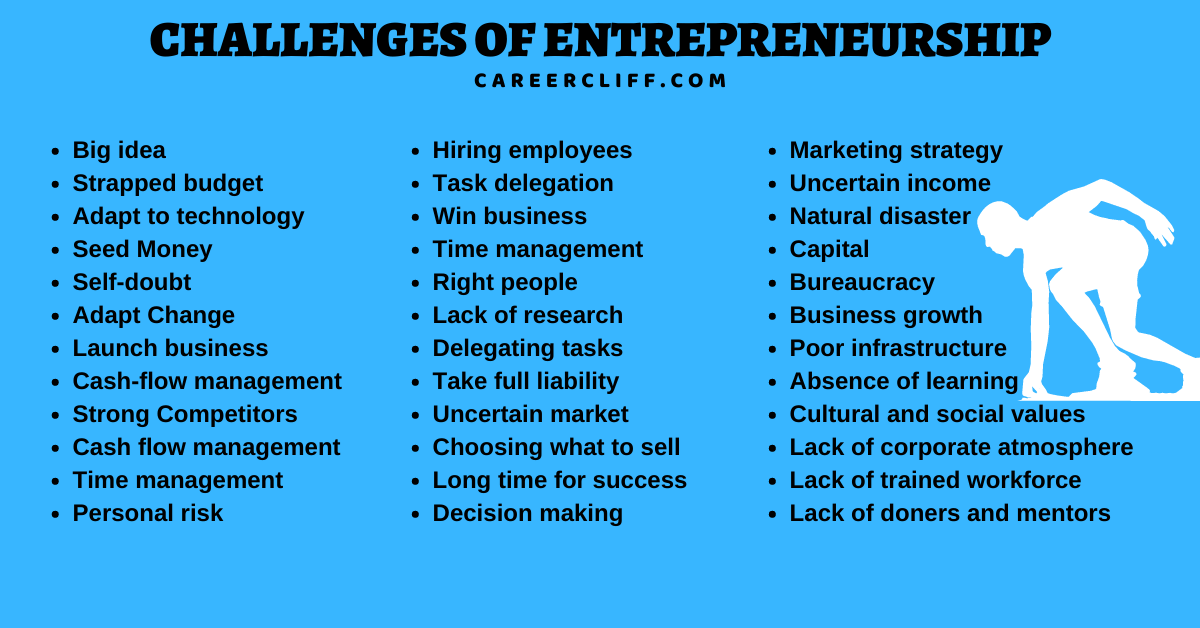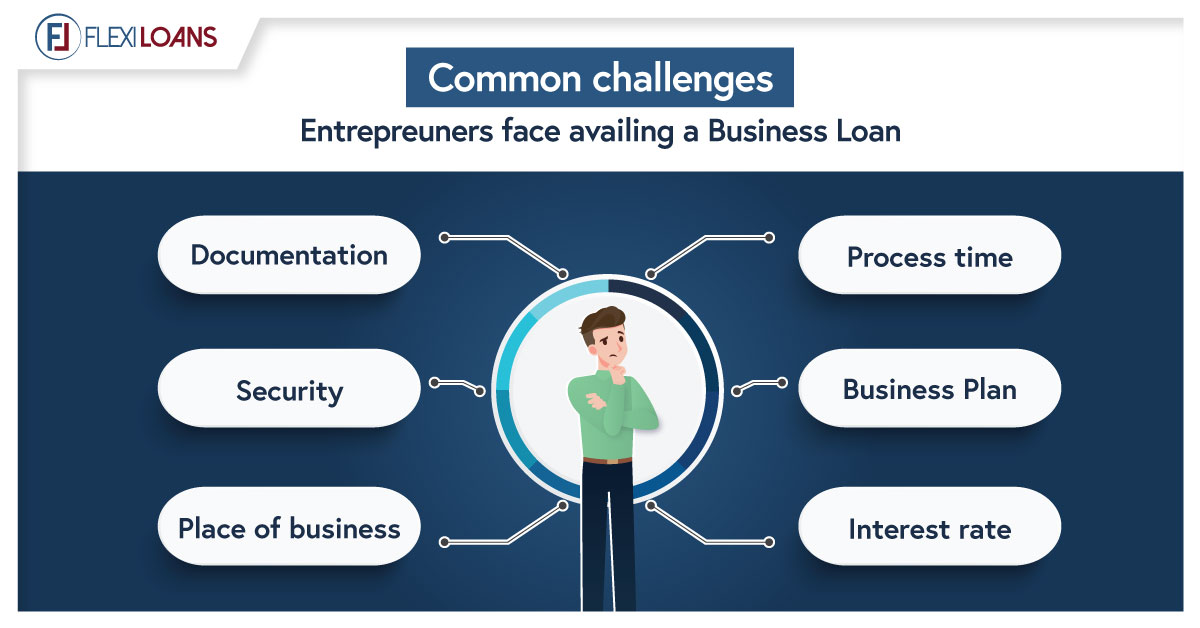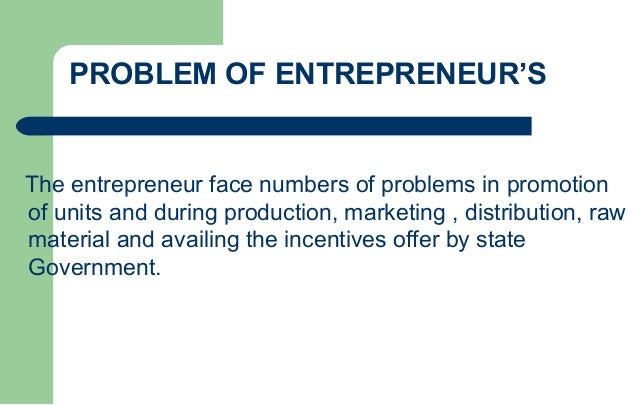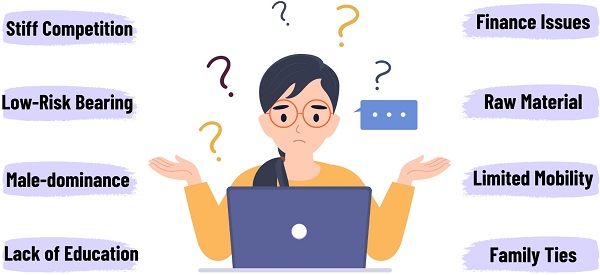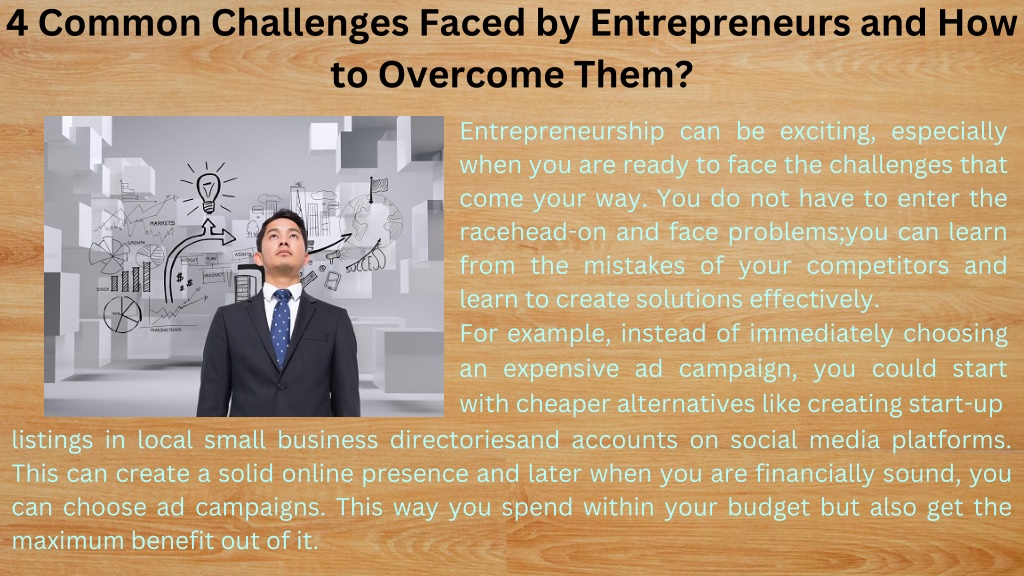What Problems Do Entrepreneurs Face

Imagine Sarah, hunched over her laptop at 2 AM, the faint glow illuminating a room filled with prototypes and half-empty coffee cups. She’s been chasing her dream of a sustainable fashion line for months, but tonight, doubt creeps in. The bills are piling up, marketing isn’t working as planned, and the weight of responsibility feels crushing.
For many, the entrepreneurial journey is romanticized. In reality, aspiring business owners often encounter a myriad of obstacles that can challenge even the most determined individuals. From securing funding and navigating complex regulations to battling burnout and managing uncertainty, the path to entrepreneurial success is rarely smooth.
The Funding Frontier
One of the most significant hurdles for entrepreneurs is securing adequate funding. Many startups begin with limited personal savings, making external investment crucial for growth.
Obtaining loans from traditional banks can be difficult, as they often require collateral and a proven track record, which new businesses rarely possess. According to a report by the Small Business Administration (SBA), a large percentage of small business loan applications are rejected.
Seeking venture capital or angel investors presents its own challenges. Entrepreneurs must craft compelling business plans, pitch their ideas persuasively, and be prepared to relinquish a portion of ownership in exchange for capital. This process can be time-consuming and highly competitive.
Navigating the Regulatory Maze
Beyond funding, entrepreneurs face a complex web of regulations that vary by industry, location, and business structure. These regulations can range from licensing requirements and zoning laws to employment standards and environmental compliance.
Understanding and adhering to these regulations can be overwhelming, especially for solo entrepreneurs or small teams. Non-compliance can result in hefty fines, legal battles, and even the closure of the business. "Staying informed about the evolving regulatory landscape is a constant battle," says John Miller, a seasoned entrepreneur in the tech sector.
Market Volatility and Competition
The business world is inherently dynamic, and entrepreneurs must be prepared to adapt to changing market conditions. Economic downturns, shifts in consumer preferences, and the emergence of new technologies can all pose significant threats.
Furthermore, increased competition can erode market share and profitability. Standing out from the crowd requires constant innovation, effective marketing, and a relentless focus on customer satisfaction.
"Entrepreneurs must be agile and resilient, constantly learning and adapting to stay ahead of the curve," advises Dr. Emily Carter, an economics professor specializing in small business development.
The Human Cost: Burnout and Mental Health
The relentless pressure to succeed can take a significant toll on entrepreneurs' well-being. Long hours, financial strain, and the constant stress of managing a business can lead to burnout, anxiety, and depression.
Many entrepreneurs neglect their personal lives, sacrificing sleep, exercise, and social connections in pursuit of their goals. This can lead to a vicious cycle of exhaustion and reduced productivity.
Addressing mental health and prioritizing self-care are crucial for long-term success.
"It's okay to ask for help,"emphasizes Sarah, who now actively advocates for mental health awareness within the entrepreneurial community. "Your well-being is just as important as your business."
Finding Support and Building Resilience
Despite the challenges, many entrepreneurs find fulfillment in creating something from scratch and making a positive impact on the world. The key is to build a strong support network, learn from failures, and cultivate resilience.
Connecting with mentors, joining industry associations, and participating in networking events can provide invaluable guidance and support. Seeking advice from experienced entrepreneurs can help navigate difficult decisions and avoid common pitfalls.
Ultimately, the entrepreneurial journey is a marathon, not a sprint. By acknowledging the challenges, seeking support, and prioritizing well-being, entrepreneurs can increase their chances of success and create businesses that thrive in the long run.

